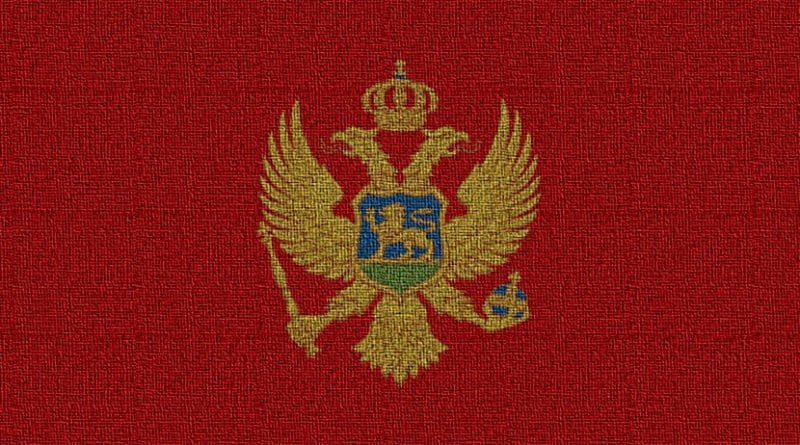Montenegro: Prosecution Suspects Israeli Consultant Of Coup Role
The Special Prosecution says it is investigating the role played in the alleged coup in Montenegro in October 2016 by the pro-Russian opposition’s then election campaign chief, Aron Shaviv.
By Samir Kajosevic
The Special Prosecutor’s Office in Montenegro says it suspects British-Israeli politican consultant Aron Shaviv of helping the alleged coup attempt in October 2016, and of creating a criminal organization.
State Prosecutor Sasa Cadenovic said Shaviv was involved in the alleged coup along with former CIA agent Joseph Assad and eight other foreign citizens.
During the 2016 elections, Shaviv was head of the pro-Russian opposition Democratic Front’s election campaign.
He worked with the governing Likud party’s last campaign in Israel’s March 2015 national elections, producing ads for current Prime Minister Benjamin Netanyahu.
“During the investigation that was launched against Joseph Assad and eight others for creating a criminal organization and attempting terrorism, the prosecutors found evidence that Shaviv, a UK and Israeli citizen, also committed a crime. So we have ordered an extension of the investigation,” Cadjenovic said on Wednesday.
Last August, the prosecution called for the arrest of former CIA officer Assad, accusing him of involvement in the allegedly Russian-backed coup attempt in 2016.
Assad was temporarily working in Montenegro as an advisor to Shaviv, then a consultant for the pro-Moscow DF.
The prosecution is also investigating four ex-FBI agents – Ladislao Karbaljos, John Joseph Paolo, Scot Rivas and Horhe Mijar – over their role in the October 2016 events.
Cadjenovic claims that between July and October 2016, 1.5 million euros were paid into Shaviv’s DC LTR company account from Cyprus. The prosecution claims the money was paid by a company codenamed “S”, from the Czech Republic, whose CEO and representative are Russians. “We suspect that from July to October 2016, Shaviv transferred 100,000 euros as consultancy costs from a Cyprus company to his other firm, S Strategy and C, and transferred over 400,000 euros as a dividend to his account in Israel. From the DC account he paid money to PC Group founded by Assad,” said Cadjenovic.
Shaviv, who runs a commnications company based both in London and Israel, has denied any involvement in criminal acts in Montenegro.
In a rare comment on what happened on election day in October 2016, the day of the allaged coup, in May 2017 Shaviv said there are two theories about what happened.
“The first theory would be to believe that it is a failed Russian operation involving an Israeli political consultant, a retired Serbian general, a former CIA agent and some villagers with hunting rifles,” a Democratic Front press stateent qoted Shaviv as saying.
But, he added, “if there is anything to be learned from the recent past, Russian military operations neither look like that nor fail like that.”
In a first-instance verdict in May, the Higher Court in Montenegro sentenced 13 people, including two Russian military intelligence officers, eight Serbs and two Montenegrin opposition leaders for to up to 15 years in prison for staging an attempted coup in 2016. Defence lawyers said they would an appeal.
They were found guilty of plotting to commit “terrorist acts” and undermine the constitutional order of Montenegro during the parliamentary elections in October 2016 with a view to overthrowing the pro-Western government and preventing the country from joining NATO.
The defendants have denied plotting a coup, calling it a government fabrication designed to discredit the pro-Serbian and pro-Russian opposition parties.
Apart from the eight Serbian citizens, two Russians, believed to be military intelligence staffers, Eduard Shishmakov and Vladimir Popov, were sentenced to 15 and 12 years in prison in absentia.
Russia has denied all accusations of involvement in the attempted overthrow of the government.
Two Montenegrin opposition DF leaders, Andrija Mandic and Milan Knezevic, were given sentences of up to five years. They have denounced the verdicts and said they will not accept arrest.

